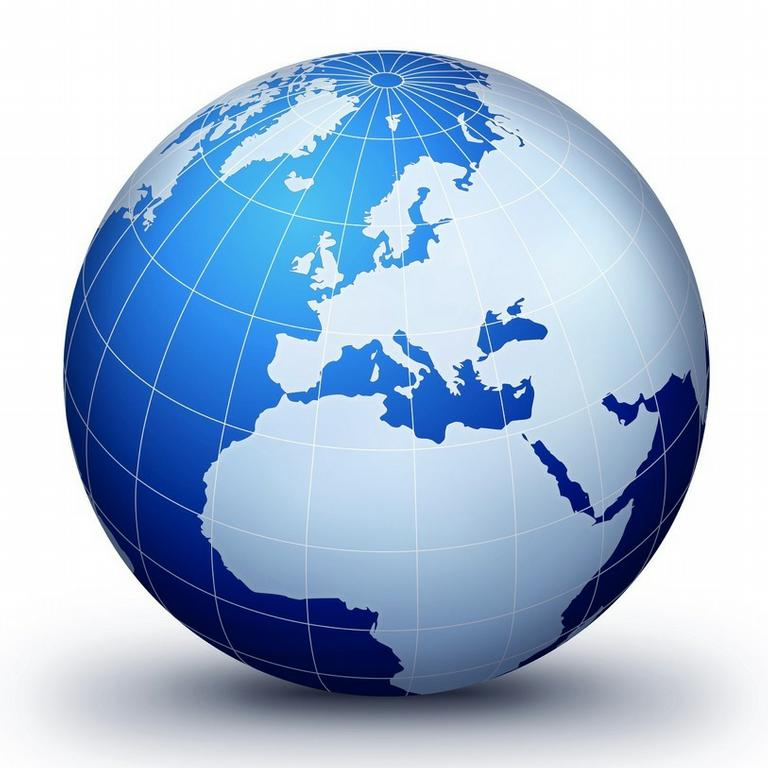Venezuela’s President Hugo Chavez has lost his battle with cancer and died at the age of 58. Vice President Nicolás Maduro delivered the news.
“We have received the hardest and most tragic news,” Maduro said in an emotional national television address. So far everything indicates that Maduro will be the one to take over leadership of Venezuela.
The Venezuelan people appear sharply divided in their opinions about the late populist leader.
“I celebrate his death, because he did a lot of harm to Venezuela, he handed the country to Cubans, he left behind crime, the hospitals are collapsed,” said housewife Lisbeth Aulasr. “But I don’t doubt chaos is coming.”
“It makes me so sad, he did so many good things and he meant so much to us,” said Xiomara de Avilan, a 53-year-old clerk at a grocery store. She was also concerned about potential instability. “God willing, they will follow the constitution and everything will be all right.”
The rest of the world seems equally polarized in their feelings about Chavez and his passing. It is no secret that Chavez was a vocal opponent of U.S. hegemony.
“Hugo Chávez was a tyrant who forced the people of Venezuela to live in fear,” said Rep. Ed Royce, chairman of the House Foreign Affairs Committee. “His death dents the alliance of anti-U.S. leftist leaders in South America.”
“He leaves the country in a shambles,” said Moisés Naím, a senior associate at the Carnegie Endowment for International Peace, a nonpartisan think tank in Washington. “Never has a Latin American leader wasted so much money, misspent so many resources and misused such power. Chávez could have transformed the country, but instead used those resources to build a personality cult, push a failed ideology and decimate the country’s economy.”
Latin American leaders were less harsh on the deceased president. Chavez’s death is likely to have profound economic impact on Cuba, which has received billions in artificially cheap oil from Venezuela. It is also bad news for other populist governments in Latin America such as Bolivia and Ecuador, who have also received significant economic aid from Chavez.
“He was a talker, a dancer, charming—the life of the party,” said Rafael Simón Jiménez, former president of the National Assembly.
For better or for worse, Chavez will be remembered as a champion for what he called “21st century socialism.” A large chunk of his support came from the country’s poor. Chavez’s promises to use revenue from the country’s oil exports to fund social “missions” such as universal healthcare and elimination of illiteracy resonated with those living in poverty. According to World Bank statistics, the percentage of Venezuelans living under the poverty line declined from a peak of 62% in 2003 to 29% in 2009. In the six-year period between 2001 and 2007, illiteracy fell from 7% to 5%. At the same time, crime rates have increased and some analysts suggest Chavez’s welfare programs did not address ways to keep people out of poverty for the long-term.
In any case, the pressure is now on his successor to carry on the positive changes that occurred under Chavez.


